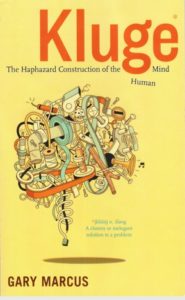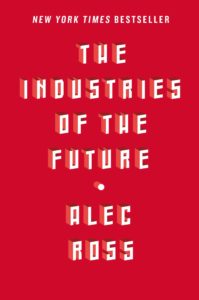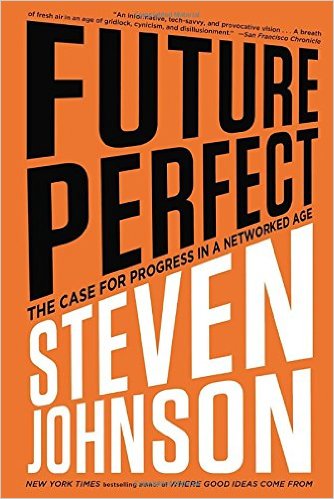Center for Innovative Teaching and Learning brown bag session today. Here are my notes:
-All readings/preparations should have consequences. Students will not spend time on things that end up not mattering. I liked the phrase, “Set something on fire” to get the students attention to do the pre-class work.
-You need to create a culture of preparation early.
-One idea was to have “admission tickets”, whereby students hand in a small pre-class item for a nominal amount of points.
-Having effective pre-class work allows students to tell you the subjects that they want/need to spend more time on in class. This can either be done before class (ask questions ahead of time, see where the students’ answers are deficient) or during the start of class. This is an element of “just-in-time” teaching, whereby you figure out what needs extra discussion right before you have the discussion.
-One option to avoid calling on unprepared students is to have them take a quick quiz alone and then take the same quiz in their team. They can discuss the questions they did not know. Assign some combination of points across the individual and team aspects.
-One thought provoking-question was, “If everyone came prepared, how would class be different? Or, what else could we do in class?” Think about your answer to that. In my classes, we’d have time to evaluate more realistic examples/implementations. Another option would be to split the final project into bite-sized pieces that they work on over time with the extra time we create by coming to class prepared.


